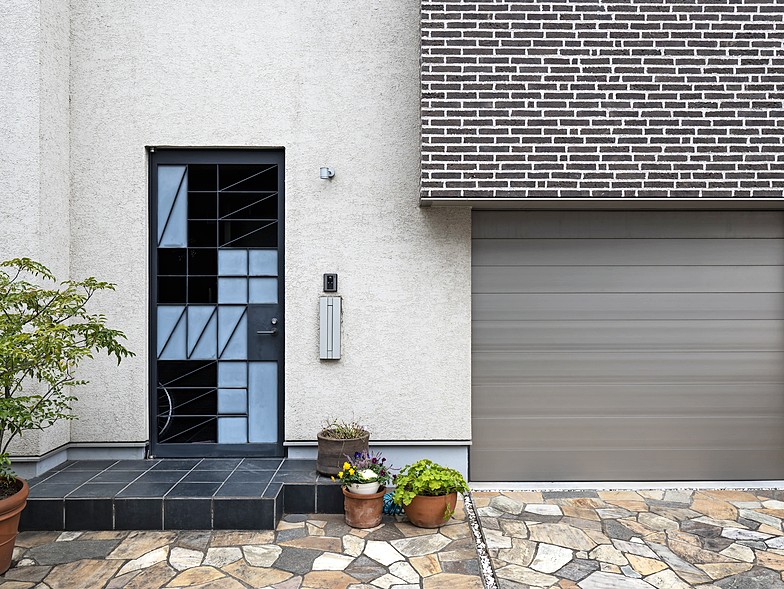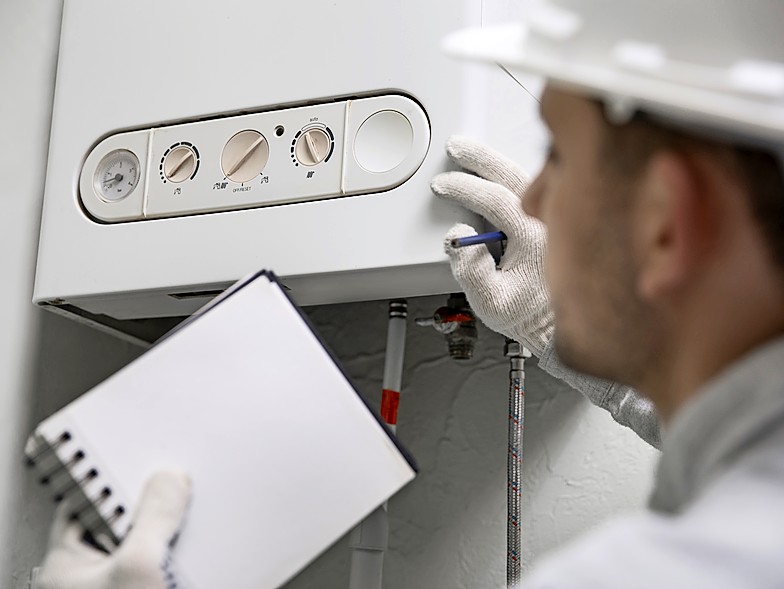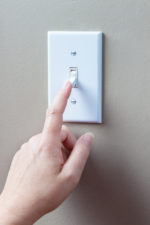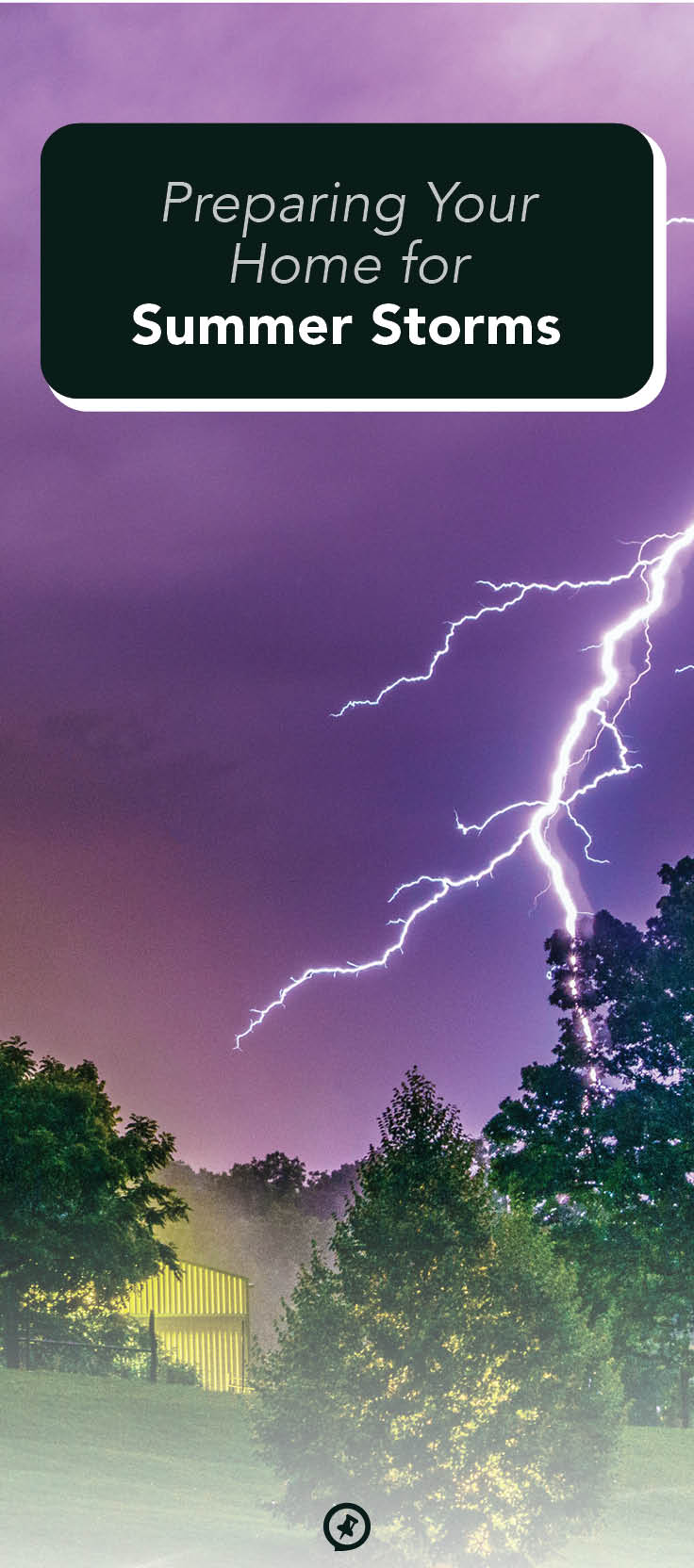Preparing Your Home for Summer Storms
As summer arrives, so does warmer weather. This time of year brings a whole host of weather events, ranging from hurricanes (hurricane season begins June first) and tropical depressions to tornadoes and rainstorms. This makes it essential to ensure that you and your family are safe and that your home is secure and protected to avoid devastating damage. Follow these tips to help you prepare for any summer storm that may come your way.

Protect garage doors
Most garage doors do not shield a home from damaging hurricane-force winds and water. Therefore, if you live in an area prone to hurricanes, consider installing additional protection by replacing your traditional garage door with a hurricane-impact door that can withstand higher winds and pelting rain. You could also reinforce it with girts or strengthen the wheel tracks.
Secure doors and windows
Hurricane-force winds can cause windows to shatter or doors to break open, letting in a lot of water and debris. You can reduce this risk by installing high-impact glass, storm screens, or shutters, which can help prevent the glass from breaking. For a temporary solution, board up windows and doors with plywood whenever a storm is expected to hit.
Prepare for storm surges
Damage from storm surges can be devastating and cause massive destruction to coastal areas. However, there are steps that you can take to reduce the risk and minimize the damage. These include strengthening your home’s structure, elevating it on stilts if your home is in a coastal location, and installing barriers such as sandbags around the perimeter.
Keep exits clear
Always be sure your entryways are uncluttered and clear so you can make an emergency exit in the event of flooding, shattered windows, or structural damage caused by a tornado or earthquake (once it has stopped). In the event of such an emergency, always check for loose wires, broken glass, and other hazardous objects that could pose a risk during a quick evacuation.

Secure furniture, lighting fixtures, and appliances
Inspect all your fixtures to make sure they are stable, and anchor any top-heavy or large pieces of furniture to the wall, including bookcases, hutches, and wardrobes. You’ll also want to check that lighting fixtures, ceiling fans, wall mirrors, TVs, and small appliances are securely fastened and large appliances are not leaning against the walls. Finally, remove glass or breakable items from higher shelves and store them in a low, stable place.
Build a safe room
Even if your home meets building regulations, it may not be able to resist extreme events such as tornadoes, earthquakes, or major hurricanes. To ensure your and your family’s safety, you should consider adding a safe room to your home; this is a structure either placed in the basement or built in-ground or above-ground that is specially designed to withstand severe storms. For guidance and best practices on constructing a safe room, visit fema.org.
Secure outdoor furniture
Before a storm arrives, ensure that all outdoor furniture on your porch or patio is secured and tied down, and bring items into the house or garage such as grills and sports equipment. Additionally, be sure to pick up any toys, gardening tools, and other small objects, as high winds could lead these items to cause damage to both your and your neighbor’s property.
Prune trees
Low-hanging branches can cause significant damage to your home during a major storm. Trim back any large limbs that hang over the roof, and perhaps ask your neighbors to do the same for any trees on their property that extend over yours.

Fasten water heaters
It’s a good idea to put in additional reinforcements, such as ratchet straps to anchor your water heater. This can help reduce the risk of it toppling over and avoid potential indoor flooding. Also, use flexible piping for your water and gas lines to reduce the risk of them breaking.
Assemble an emergency kit
Create a safety kit with first-aid supplies, a flashlight, water, food, and clothing. Make sure to keep these items in a safe and secure place that you and your family can easily access in an emergency. In addition, prepare for storms ahead of time by gathering enough water and nonperishable foods in case power goes out for an extended period.
Have an evacuation plan
Plan well ahead so you’re not panicking at the last moment. Store your important documents, medications, and other essential items in a place where you can quickly access them in case you have to evacuate immediately. Establish a route that would, if time allowed, enable you to turn off the electricity, gas, and water and secure all windows and doors. Also, specify in advance a point of contact who can be called or texted in the event of an emergency. Lastly, be sure you have prepared for your furry four-legged friend.


















